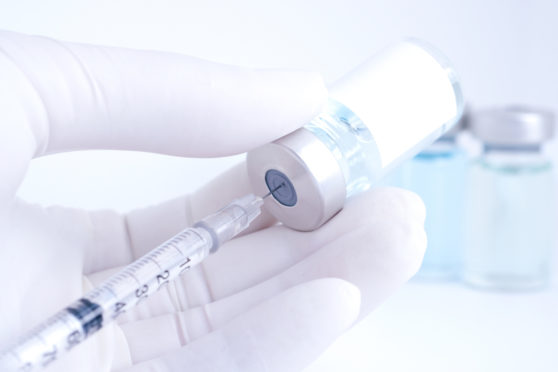
Clinics providing cosmetic procedures such as Botox and fillers will introduce extra checks to screen customers for mental health problems, it has been announced.
Staff at some providers will be trained to spot conditions such as body dysmorphic disorder, which causes people to obsess over perceived flaws in their appearance, and refer customers to NHS services when necessary.
The Joint Council for Cosmetic Practitioners agreed to introduce new rules for its members following a meeting with NHS England.
Professor Stephen Powis, NHS national medical director, welcomed the extra checks, but warned that providers who are not members of the council will not have to comply with the code of practice.
“Cosmetic firms bringing in tighter controls to protect young people’s mental health is a major step forward, but voluntary steps on their own mean mental health too often will still be left in the hands of providers operating as a law unto themselves,” he said.
“We know that appearance is the one of the things that matters most to young people, and the bombardment of idealised images and availability of quick fix procedures is helping fuel a mental health and anxiety epidemic.
“The NHS Long Term Plan is dramatically expanding world-leading mental health services, but we cannot just be left to pick up the pieces – we need all parts of society to show a duty of care and take action to prevent avoidable harm.”
All cosmetic practitioners registered with the Joint Council for Cosmetic Practitioners will be expected to meet the new criteria, which includes assessing all customers to check they are suitable for treatment.
Superdrug, which offers Botox and dermal fillers at its flagship London store, agreed in January to screen customers for mental health problems before carrying out the procedures.
The move came after Prof Powis wrote to the pharmacy chain expressing concern.
Kitty Wallace, from the Body Dysmorphic Disorder (BDD) foundation, said: “Cosmetic procedures like Botox, now widely available on the high street, are putting people at risk and can have a damaging effect on the mental health of young people.
“We know that people with BDD are more likely to turn to ‘quick fix’ procedures that ultimately do not address or help the underlying psychological condition. BDD affects one in 50 people, causing significant distress and has a huge impact on quality of life.
“It’s great to see the NHS and professionals leading the sea change, but we now need all parts of society to change their attitudes and take action to protect vulnerable individuals.”

Enjoy the convenience of having The Sunday Post delivered as a digital ePaper straight to your smartphone, tablet or computer.
Subscribe for only £5.49 a month and enjoy all the benefits of the printed paper as a digital replica.
Subscribe